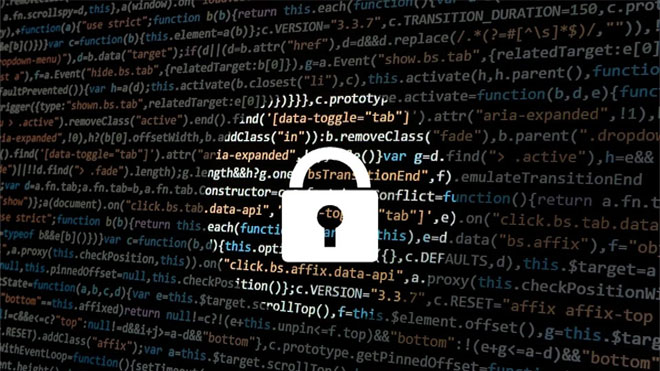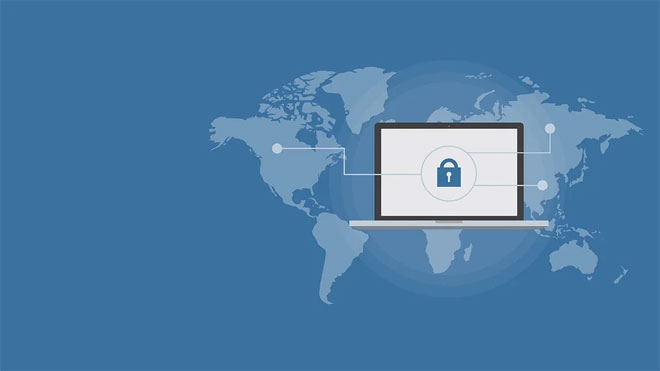In the past year, business owners in the United States spent nearly $60 billion on big data technology. While most business owners understand the importance of using data in their marketing plans, many fail to realize just how important protecting this data is. In the past few years, regulations like the General Data Protection Regulation have changed the way most businesses approach data privacy.
This framework requires businesses that either operate in the European Union or that sell goods to the citizens in this part of the world to protect the data they collect. If these guidelines are not followed, large fines can be levied against a business. While regulations are an important step in putting a stop to the endless array of data hacks each year, more can be done by business owners.
Read below to find out more about how to protect the data your business obtains.
Only Collect Data You Need
One of the biggest mistakes most businesses make is collecting every piece of consumer data they can get their hands on. The more data your business collects from consumers, the harder it will be to protect it. Rather than getting overwhelmed with the amount of data being collected, you need to set guidelines for this practice.
Fine-tuning your strategy regarding what information to collect from existing and potential customers is a great idea. By doing this, you can reduce the amount of data you have to house, which will allow you to focus more on securing the information you keep. IT experts fail to realize that for many data privacy is confusing.
Rather than relying solely on what your IT team advises you to collect from customers, take a hard look at your existing data collection practices to figure out what needs to change. Taking a hands-off approach when it comes to data collection and security will come back to haunt you in the long run.
Data Access Should Be Restricted
The data your business collects will need to be in the hands of very few employees. Some business owners make the mistake of granting access to sensitive data for every member of their team. If a particular team member does not need to see the data, then restricting their access is vital.
By allowing a large number of people to access this sensitive data, you are increasing the chances that it falls into the wrong hands. Unfortunately, there are a number of internal data hacks that occur each year. Instead of ignoring the risk of an internal threat, you need to work on reducing the danger associated with this risk. This is why restricting the access your team has to certain data is so important.
See Also: 48+ Best Social Network Scripts
With the use of a program like FortKnoxster, keeping sensitive information safe will be much easier. The FortKnoxster B2B version provides business owners with the ability to control access to certain sensitive data. Investing in this program is essential when trying to avoid data security threats both internal and external.
Focus on Securing the Transmission of Sensitive Data
While securing the servers you store sensitive data on is important, there are also other risks you need to consider. For instance, if sensitive information is transmitted via email or on a cloud-based server, you need to ensure it is encrypted. With data encryption, a business owner will be able to make the sensitive information unusable to anyone without the password or keycode they have set up.
Instead of trying to implement and maintain data encryption on your own, seek out the help of an IT professional. These professionals will be able to offer you the guidance needed to avoid encryption mistakes that may compromise your sensitive data.
If you ask recipients of your emails to send you data of a sensitive nature, you need to assure them this information will be protected. When sending emails out in an attempt to garner new customers, you need to verify the email addresses you have are legitimate. The last thing you want to do is send an email to a potential cyber-criminal who may use the information you send to compromise your network or customer base. If you are looking for bulk email verification help, check these tools.
Be Careful When Allowing Remote Access of Your Network
Using remote employees is something thousands of businesses do in the United States. While having remote employees offers your business more flexibility, it can also create data security issues. If remote employees access your network from an unsecured device, hackers may be able to gain access to the information stored on your servers.
One of the best ways to avoid this problem is by providing employees with secured devices for accessing the network. Operating under a bring your own device policy is a horrible idea. The money you invest in paying for new devices for your team will be worth it in the long run.
Take Action Now
The longer you wait to get ahead of a data hacking attempt, the harder you will find it to keep sensitive information safe. By investing more money in network security and employee training, you can keep cyber-criminals at bay.










